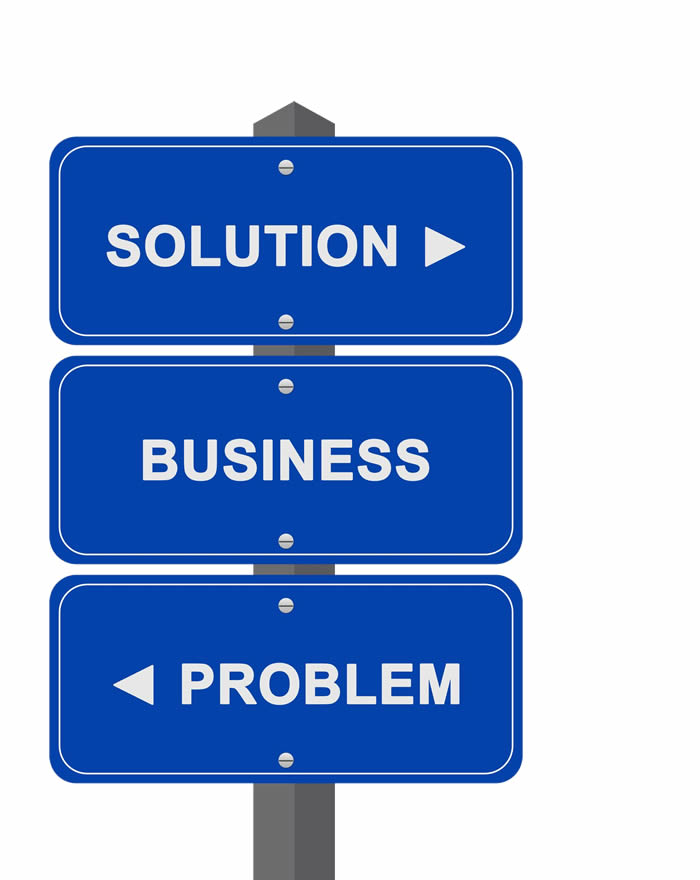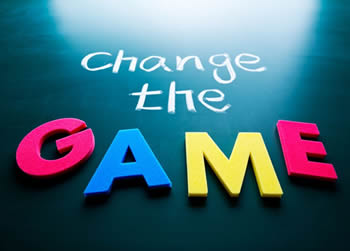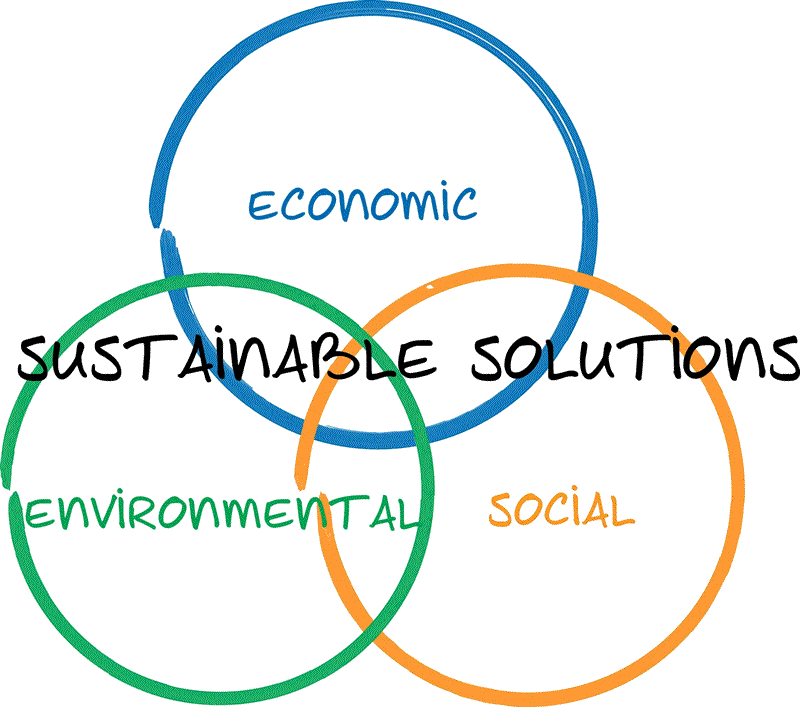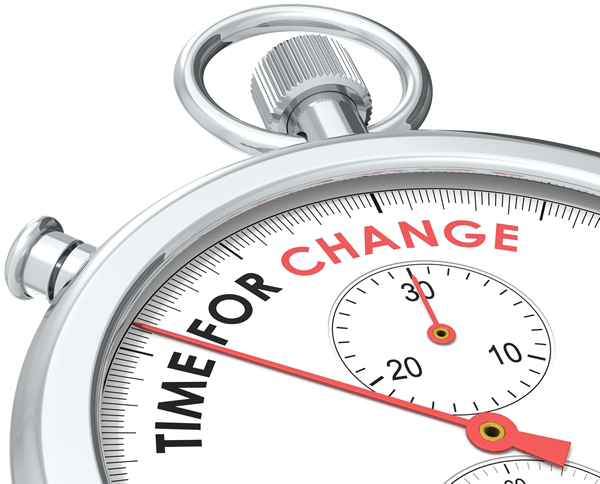Anyone who approaches with an open heart and mind can recognize that humanity is facing adversity. Inequality is deepening and without a clear path to change and a restoration of balance, there’s an increasing sense that not only democracy, but perhaps even our species, could be at risk.
The systems we live under, regardless of the political structure, hinder the development of a fair and just world. The manipulation or abuse of power by social media, combined with the global shift to the political right, is making the quest for equality even more difficult.
Morally corrupt individuals lead many corporations, institutions, and governments, accumulating wealth and power while pushing a narrative that strengthens their control, to the detriment of everyday people.
Democracy cannot thrive alongside unchecked greed and widespread suffering

Much has occurred over time to bring the world to this place but right now what is fuelling inequality is capitalism. While being an effective driver of economic growth and innovation, it has also played a significant role in perpetuating inequality. It mostly leads to a concentration of wealth in the hands of a few, while many others struggle to make ends meet.
Capitalism currently functions by prioritizing profit over people and focuses on exponential growth, this only exacerbates social and economic divides.
Another flaw is how capitalism rewards capital significantly more than labour. Furthermore, the global nature of capitalism means that these disparities are not just local but also international. Wealthy countries or corporations can exploit poorer nations, leading to a cycle where developing regions are left behind.
However, by strategically leveraging capitalism, it is possible to strengthen democracy and create a fairer, more just world.
This approach is known as Global Collective Enterprise.
Currently, the world’s wealth distribution is staggering:
- Half of the world’s net wealth belongs to the top 1%.
- The top 10% hold 85% of global wealth.
- The bottom 90% share the remaining 15%.
Democracy remains humanity’s best hope, yet it is faltering, it has failed to fulfill its promise of equality, safety, opportunity, and well-being for all.


The reality is that addressing any social challenge or problem requires committing the necessary resources over a sustained period until the issue is resolved. However, this demands almost unlimited funding—something that Global Collective Enterprise (GCE) can provide.
GCE is a uniquely structured nonprofit, operated under a precise framework specifically designed to create lasting impact.
How Global Collective Enterprise works:
By harnessing capitalism in this way, the GCE model not only tackles social challenges but also alleviates the financial burden on governments.
Governments and the world’s wealthiest individuals already possess the resources to implement the Global Collective Enterprise model today, paving the way for a more equitable and sustainable future.
This innovative funding mechanism has the potential to:
- 1
Inhibit the transfer of wealth to a privileged few
- 2
Provide safe, secure, and affordable housing with access to clean water
- 3
Deter corporate greed and corruption
- 4
Protect the environment over profit
- 5
Establish ethical and transparent media

